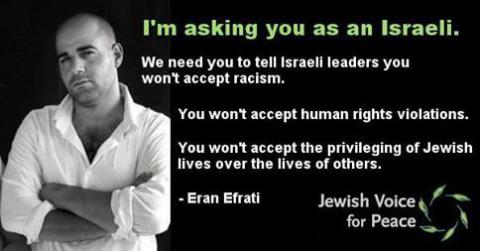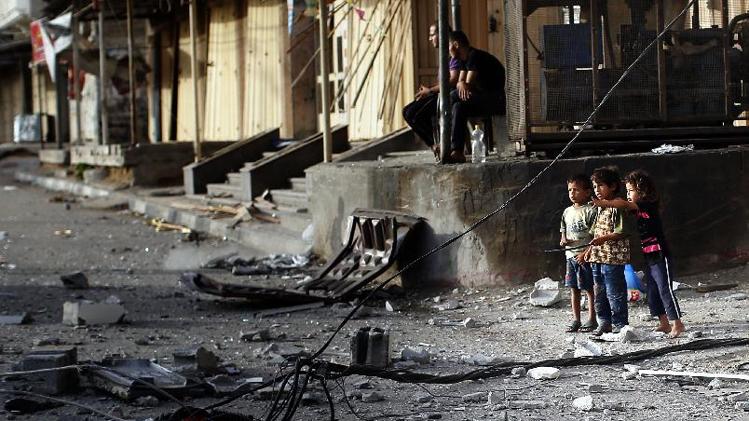What is ISIS(now IS)?

ISIS stands for Islamic State in Iraq and al-Sham and is an al-Qaeda-inspired jihadist group that started in Iraq. They seek an Islamic emirate in which Sharia is the law.
How ISIS expanded its field of activity to Syria?
"Al-Anbar borders the east of Syria. Tribes live there the same as in Iraq, so the boundary between the two countries is quite porous. Isis saw the chance when the momentum in the battle with the forces of President Bashar al-Assad came to be. warriors ISIS are well-motivated and able to find their way. weapons to the Syrian opposition has only limited weapons. "
"The Free Syrian Army has been unable to prevent Assad barrels of oil can throw at Aleppo, but ISIS might be against his army's. Thats why the Free Syrian Army initially be accepted in the struggle against Assad. but once they exist, they are not going away So is the opposition now with a double burden:. Assad and ISIS.
Recently it came to fighting between ISIS and other troops fighting against Assad. What is the importance of the Syrian opposition to act now anyway? Against ISIS
"There is likely to occur for the Free Syrian Army. With its improved armament a vicious circle gets the extremist ISIS an increasingly important role within the opposition. Combating the result comes in a bad light and thus the West will be even more reluctant to be the supplying weapons. With an offensive against ISIS Syrian opposition wants to put an end to this process.
What are the prospects of ISIS?
The opposition in Syria has to support ISIS temporary pleasure, but eventually one will want to be. Governed not by them, the population has no such extreme religious beliefs as ISIS. Syria is also a mosaic of minorities, which provides only a form of peaceful co-existence future. Such a society is incompatible with the extremists of ISIS. Therefore, their position in the long term will not be sustainable
"In mine opinion ISIS has nothing to do with Islam or any culture.They are psychopaths who have no respect for human being. I am a muslim not a terrorist " Saloua











